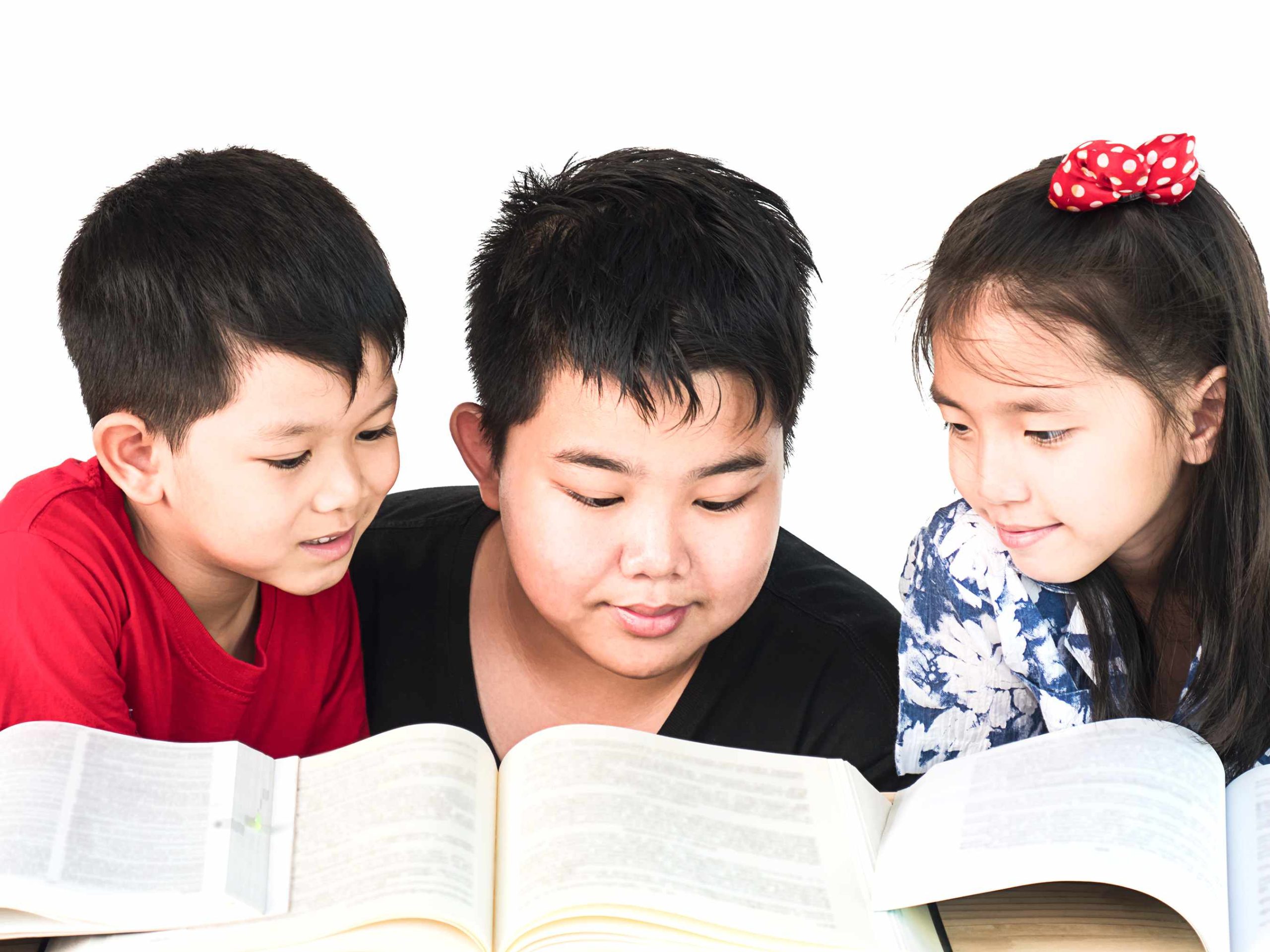
Exploring the Magical Learning Journey of Preschoolers: Unlocking the Secrets to How They Pick Up Knowledge
As parents and educators, we are fascinated by the incredible journey of preschoolers as they embark on their path of learning and discovery. Preschoolers, typically aged between 3 to 5 years, are at a critical stage of development where their brains are like sponges, absorbing knowledge and experiences at an astonishing rate. But have you ever wondered what factors affect the learning journey of a preschooler? What are the secrets behind their seemingly magical ability to pick up knowledge? Let’s delve into this fascinating topic and explore the factors that influence the learning journey of preschoolers.
The Role of the Environment
The environment in which a preschooler learns plays a crucial role in shaping their learning journey. A stimulating and nurturing environment can greatly enhance their cognitive, emotional, and social development. Preschoolers learn best when they are provided with opportunities to explore, experiment, and engage in hands-on activities. A well-designed learning environment with age-appropriate toys, books, art supplies, and play areas can ignite their curiosity and fuel their learning.
Moreover, the social environment also plays a vital role in the learning journey of preschoolers. Interactions with peers, teachers, and caregivers provide valuable opportunities for learning through play, conversations, and social interactions. A positive and inclusive social environment fosters their emotional and social development, helping them build important social skills such as empathy, sharing, and cooperation.
The Power of Play
Play is an essential aspect of a preschooler’s learning journey. Through play, preschoolers can develop their cognitive, physical, emotional, and social skills. Play provides opportunities for preschoolers to engage in imaginative play, problem-solving, decision-making, and creativity. Whether it’s building with blocks, playing dress-up, or engaging in pretend play, preschoolers learn through their play experiences.
Play also allows preschoolers to make choices, take risks, and learn from their mistakes in a safe and supportive environment. Play-based learning approaches, where structured learning is integrated with play, have been shown to be highly effective in promoting preschoolers’ overall development and learning. Therefore, it’s crucial to provide ample opportunities for preschoolers to engage in play and unleash their creativity and curiosity.
The Importance of Individuality
Preschoolers are unique individuals with their own strengths, interests, and learning styles. It’s essential to recognize and respect their individuality in their learning journey. Some preschoolers may learn better through visual stimuli, while others may be more auditory or kinesthetic learners. Some may have a natural inclination towards numbers, while others may be more drawn towards art or language.
It’s crucial for parents and educators to observe and understand each preschooler’s learning style and interests and tailor their learning experiences accordingly. Providing opportunities for individual exploration, personalization, and self-directed learning can greatly enhance their engagement, motivation, and learning outcomes.
The Power of Language
Language is a powerful tool for preschoolers to make sense of the world around them. Language development is closely linked to cognitive development, and preschoolers learn best when they are exposed to a rich language environment. Conversations, storytelling, reading, singing, and rhyming are all powerful ways to promote language development in preschoolers.
Vocabulary development is a critical aspect of language learning, and preschoolers can learn a large number of words through exposure to a variety of language-rich experiences. It’s important to provide opportunities for preschoolers to express themselves, share their thoughts and ideas, and engage in meaningful conversations. A language-rich environment not only promotes their language skills but also enhances their cognitive, social, and emotional development.
The Role of Parental Involvement
Parents play a crucial role in their preschooler’s learning journey. Parental involvement can greatly enhance their child’s overall development and academic success. Parents can create a supportive and stimulating home environment that promotes their preschooler’s learning and development.
Reading to preschoolers, engaging in conversations, and providing opportunities for play and exploration can greatly enhance their cognitive and language development. Furthermore, parents can actively participate in their preschooler’s education by volunteering at their preschool, attending parent-teacher conferences, and communicating with their child’s teacher regularly.
Research has shown that parental involvement is a significant predictor of academic achievement in preschoolers. Therefore, it’s crucial for parents to take an active role in their child’s education and support their learning journey.
The Importance of Health and Well-being
Preschoolers’ health and well-being are critical factors in their learning journey. A healthy and well-nourished preschooler is more likely to be engaged and attentive in their learning activities.
Therefore, it’s important to provide preschoolers with opportunities for physical activity and outdoor play. Physical activity can promote preschoolers’ motor skills, physical fitness, and overall health.
In addition, it’s crucial to promote preschoolers’ emotional well-being through social-emotional learning activities and creating a positive and supportive learning environment. Preschoolers should be provided with opportunities to learn and practice self-regulation and social skills, such as sharing and taking turns.
Furthermore, it’s important to recognize and address any physical or mental health concerns that may impact preschoolers’ learning and development. Early detection and intervention can greatly improve outcomes for preschoolers with health concerns.
Overall, supporting preschoolers’ physical and emotional health is a critical factor in promoting their overall development and academic success.


